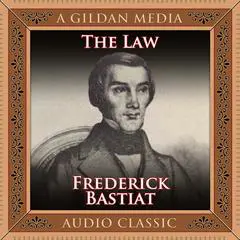 Play Audiobook Sample
Play Audiobook Sample
Plato's Republic Audiobook
 Play Audiobook Sample
Play Audiobook Sample
Quick Stats About this Audiobook
Total Audiobook Chapters:
Longest Chapter Length:
Shortest Chapter Length:
Average Chapter Length:
Audiobooks by this Author:
Publisher Description
The Republic poses questions that endure: What is justice? What form of community fosters the best possible life for human beings? What is the nature and destiny of the soul? What form of education provides the best leaders for a good republic? What are the various forms of poetry and the other arts, and which ones should be fostered and which ones should be discouraged? How does knowing differ from believing?
Several characters in the dialogue present a variety of tempting answers to those questions. Cephalus, Polemarchus, Thrasymachus, and Glaucon all offer definitions of justice. Socrates, Glaucon, and Adeimantus explore five different forms of republic and evaluate the merits of each from the standpoint of goodness.
Two contrasting models of education are proposed and examined. Three different forms of poetry are identified and analyzed. The difference between knowing and believing is discussed in relation to the objects of each kind of thinking.
© Agora Publications
Download and start listening now!
Plato's Republic Listener Reviews
- — Carlos Migueis, 6/18/2023
About Plato
Plato (circa 423–347 BC) was a philosopher in ancient Greece and the founder of the Academy in Athens, the first institution of higher learning in the Western world. Plato, together along with his teacher, Socrates, and his most famous student, Aristotle, laid the foundations of Western philosophy and science. He is widely considered the most pivotal figure in the development of philosophy, especially philosophy of the Western tradition.
About Ray Childs
Ray Childs is a successful audiobook narrator. He can be heard on such titles as Black like Me, The Vanderbilts, and Amos Fortune.









































